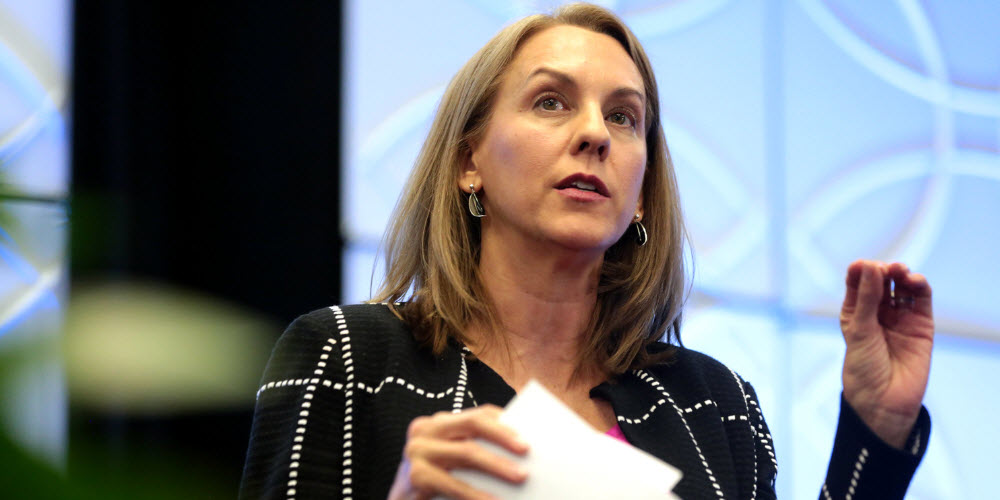After reading a book by a successful commercial developer who moved his family to France for two years, I wanted to learn more about setting up shop in a foreign country. That’s because the real estate developer faced obstacle after obstacle because he wasn’t used to the vast cultural divide between his home country and France. Accordingly, I hit a home run when I found the book The Accidental Business Nomad by Kyle Hegarty.
Episode Highlights
- The book reads like Liar’s Poker, as it’s sneaky good
- How Le Deal led to The Accidental Business Nomad
- Kyle’s professional background before moving to Singapore
- The 70% failure rate in setting up an international business presence
- The great cultural divide
- Throwing caution at broad generalizations
- The power of calibrated storytelling in connecting with others
- TOR of Duty
- Communication contracts (brilliant concept)
- Mark’s favorite story, the White Rabit, and why Aubrey Plaza should play the Mad Hatter for a future Netflix series on this book
- DISC and the role of personality assessments
- What Kyle is up to these days
- The reason this book and Kyle should be highlighted at Talks at Google
We use generalizations all the time to describe groups of people. There’s a fine line between constructive generalizing and malicious stereotyping. The problem is knowing where the line is.
Kyle Hegarty, The Accidental Business Nomad: A Survival Guide for Working Across a Shrinking Planet

The Power of Questions
The writing in Kyle’s book is phenomenal. The message is simple and may seem obvious until you try what he did and then give up and go home.
Accordingly, Kyle has some great questions sprinkled throughout this clever narrative where he generally plays the role of the student to the zens he meets in this book.
- How does a company have a values statement if people around the world don’t share the same values? Or, suppose they share those values, but they express them differently?
- Why do you have to know yourself first before you can lead people from different parts of the world?
- How can people work effectively across a complex planet where invisible communication and working styles vary so widely?
- How do you show vulnerability in a part of the world where that is looked down on?
- How can those in other countries figure out how to work with Americans?
- “If someone has been conditioned never to say no, then why would you ask that person a yes-or-no question?
- Why are the communication styles between Germany and Indonesia generally different? Why is one extremely direct and the other extremely indirect, and how does one work with both countries effectively?
Books Mentioned
- Cultures and Organizations: Software of the Mind
- The Culture Map: Breaking Through the Invisible Boundaries of Global Business
- Culture′s Consequences: Comparing Values, Behaviors, Institutions and Organizations Across Nations
- Surrounded by Idiots
- Le Deal
Important Links
- Kyle’s website, Leadership Nomad
- LinkedIn profile
Episode Pairings



Leave a Reply